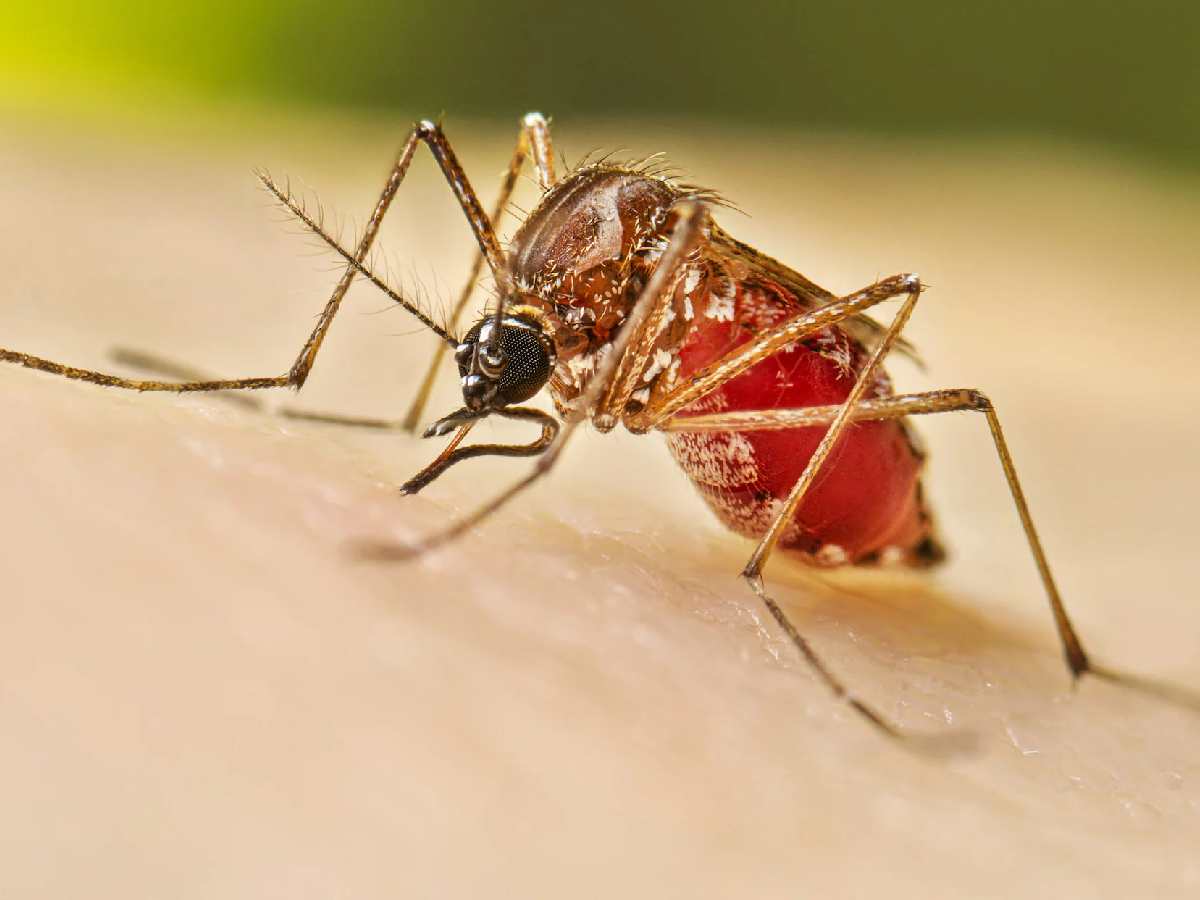Delhi recorded over 300 dengue cases in the past week, bringing the total number of cases this year to 1,229, as mosquito-borne diseases continue to rise slowly in the city, according to official data.
Malaria cases are significantly higher compared to last year. As of this month, Delhi has reported 363 malaria cases, while the number stood at 294 during the same period in 2023. Last year, the total malaria cases reached 426, with most being reported from West Delhi.
Chikungunya cases have also increased, with 43 cases reported so far this year, nearly double the 23 cases from last year. In 2023, the total number of chikungunya cases was 65, with most this year being reported from South Delhi.
Last week, nearly 250 dengue cases were reported over a span of seven days.
According to data from the Municipal Corporation of Delhi (MCD) covering January to September 21, 1,229 dengue cases have been reported in the city, including the death of a 54-year-old at Lok Nayak Hospital, confirmed by a senior hospital official.
In September alone, 651 dengue cases were reported, while 256 cases were logged last month. The number of cases has been in triple digits since August, the data indicated.
However, these figures are lower compared to last year’s numbers, both collectively and on a monthly basis. In 2023, Delhi had reported 3,013 dengue cases by this time, a significant increase from 525 cases in 2022. A total of 9,266 cases were reported last year, with 19 dengue-related deaths. In September 2023 alone, 2,141 cases were recorded.
This year, the highest number of dengue cases has been reported from the Najafgarh zone, with 180 cases, including 45 new cases in the past week, which is the highest among all zones, tied with South Delhi.
Non-MCD areas such as those governed by NDMC, Delhi Cantt, and Railways have contributed 312 cases to the overall tally, according to the data.
The reported figures do not account for individuals who contracted the infection outside Delhi, those who provided incomplete or incorrect addresses, or instances where patients were not found at the listed addresses.
Civic body officials credit their multi-faceted approach to controlling vector-borne diseases for keeping the number of dengue cases relatively low this year. This includes house-to-house inspections, regular insecticide spraying, and public awareness campaigns.
To enforce mosquito control measures, the MCD has issued over 1.14 lakh legal notices and 39,338 challans to individuals who allowed mosquito breeding on their properties. Repeat offenders have been fined Rs 24.82 lakh, and police complaints have been filed against 9,241 people for non-compliance with the rules, the data shows.
The MCD also plans to increase fogging operations ahead of major public events like Dussehra and Durga Puja, while intensifying inspections and anti-larval efforts in areas with high mosquito populations to limit the spread of the virus.
(With inputs from PTI)





